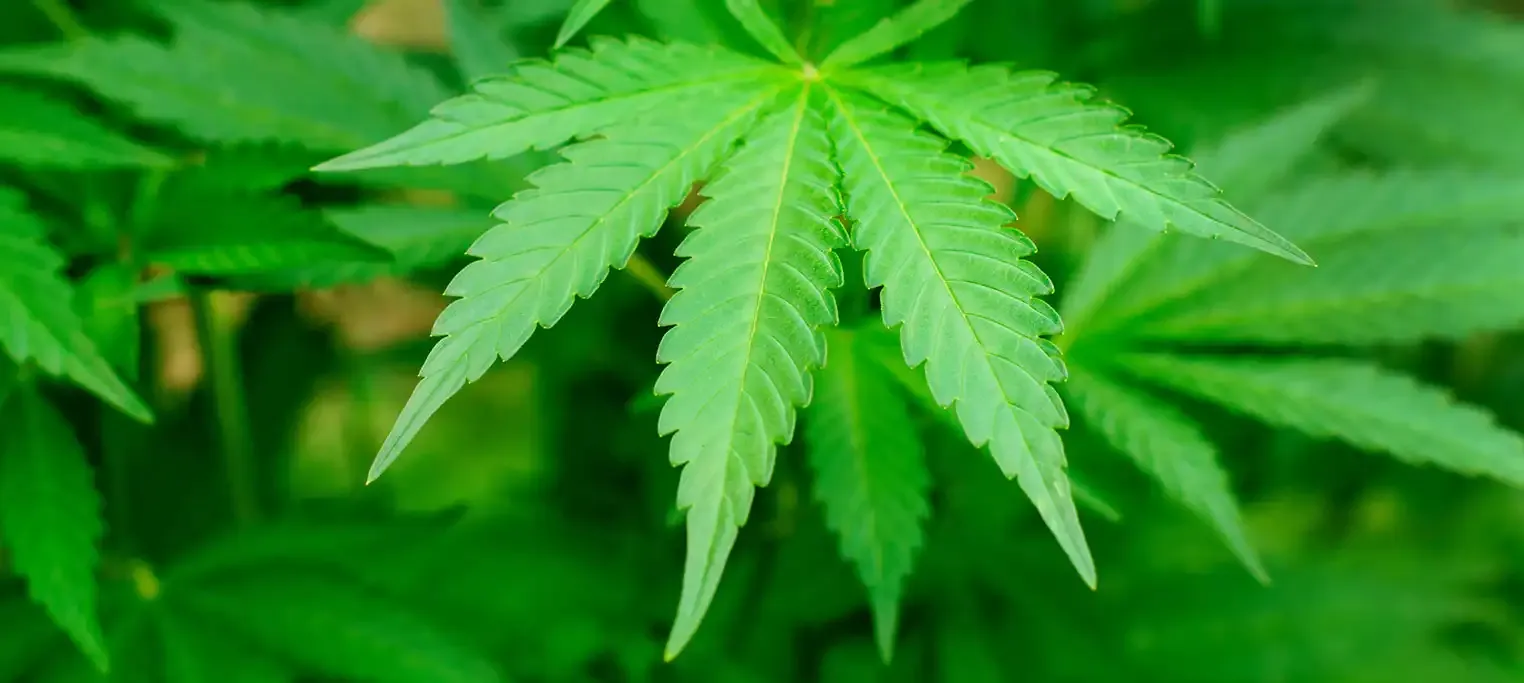September 23, 2019
Medicinal cannabis and older people

In recent years the use of medicinal cannabis has been increasing worldwide.1
Older adults, in particular, are a growing market, according to a recent study from the European Journal of Internal Medicine.2
Depending on which country, use among the older population can range from 7% to more than a third of medicinal cannabis patients.1 This is further supported by a 2017 study that found medicinal cannabis use in people over 50 years old of age had increased significantly and was outpacing the recent growth observed across all other age groups.2
Current use
Medicinal cannabis has been used for a range of conditions including:
- chronic pain
- chemotherapy-induced nausea and vomiting
- multiple sclerosis
- Alzheimer’s disease
- anorexia nervosa
- anxiety
- dementia
- dystonia
- Huntington’s disease
- Parkinson’s disease
- post-traumatic stress disorder
- psychosis
- Tourette syndrome
- epilepsy.1
Benefits for older people
Much of the research regarding the benefits of medicinal cannabis for older people has been published by the medicinal cannabis industry. Benefits may include:
- easing chronic pain, especially pain caused by nerve damage
- reducing nausea and vomiting (specifically for people undergoing chemotherapy)
- lower levels of anxiety
- improvement in sleep
- relief from painful muscle spasms caused by conditions such as multiple sclerosis or spinal cord injuries.3
Older people have also been identified as being very interested in using medicinal cannabis for the treatment and relief of pain due to various conditions.1, 2
The evidence regarding medicinal cannabis for pain, however, is not very substantial. A Cochrane systematic review found that the level of evidence was too low to draw conclusions on the effectiveness of medicinal cannabis as well as the patient’s ability to tolerate any side effects experienced.4
Side effects
Like all prescription drugs, medicinal cannabis can cause unwanted side effects, such as:
- problems concentrating
- dizziness and drowsiness
- unsteadiness
- fatigue and sedation
- feelings of euphoria
- vertigo
- nausea and vomiting
- depression
- confusion
- appetite increase or decrease
- hallucinations
- paranoid delusions
- dry mouth
- psychosis
- cognitive distortion (having untrue thoughts)
- convulsions.4, 5
The extent to which these side effects occur, varies between individuals and the type of medicinal cannabis product being prescribed. Generally, products with high levels of THC (the main chemical that produces the ‘high’ in cannabis) produce more side effects than products with high levels of CBD (a non-intoxicating cannabinoid).6
Risks
The risks associated with the use of medicinal cannabis by older people are increased by factors including slow drug metabolism and interaction with other drugs. Many older people take several prescription medications and it is still unclear how medicinal cannabis may interact with them.3
Medicinal cannabis use can increase the risk of injury among those in the older population. A 2017 study found that cannabis use increased injury among older people resulting in more attendances at emergency departments.7
Older people may also be at an increased risk of car accidents and falls due to cannabis use; however, the scientific evidence for this is scarce. The effects of cannabis including sedation and cognitive changes can have significant consequences for older drivers.8
The older adult population is also at risk of falls, and the use of any drugs may increase that risk. Most research regarding drug use and falls have focused on prescription drugs, not cannabis use.7
More research is needed
Although the interest in medicinal cannabis by older people is considerable, there is a substantial need to better explore the potential benefits, limitations and safety issues associated with medicinal cannabis treatment across a range of health conditions and symptoms.5
Despite the lack of high-quality evidence to support the effectiveness of medicinal cannabis, in some cases, it may provide health benefits for certain older people.
- Cassels C. Medical Cannabis Safe, Effective for Neurologic Symptoms in the Elderly USA 2019.
- Kaskie B, Ayyagari P, Milavetz G, Shane D, Arora K. The Increasing Use of Cannabis Among Older Americans: A Public Health Crisis or Viable Policy Alternative? The Gerontologist. 2017;57(6):1166-72.
- Torborg L. Mayo Clinic Q and A: Treatment with medical cannabis: Mayo Clinic 2018
- Minerbi A, Häuser W, Fitzcharles M. Medical Cannabis for Older Patients. Drugs & Aging. 2019;36:39-51.
- Therapeutic Goods Administration. Guidance for the use of medicinal cannabis in Australia Symonston ACT 2019
- State Government Victoria. Medicinal Cannabis. Melbourne, Victoria 2019
- Musich S, Wang SS, Ruiz J, Hawkins K, Wicker E. Falls-Related Drug Use and Risk of Falls Among Older Adults: A Study in a US Medicare Population. Drugs & Aging. 2017;34(7):555-65.
- Lloyd SL, Striley CW. Marijuana Use Among Adults 50 Years or Older in the 21st Century. Gerontol Geriatr Med. 2018;4:2333721418781668-.


